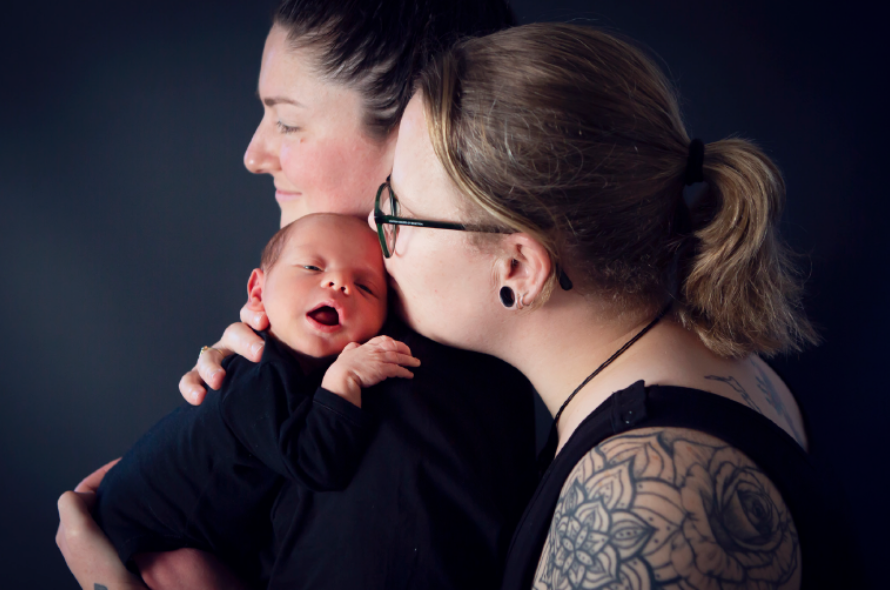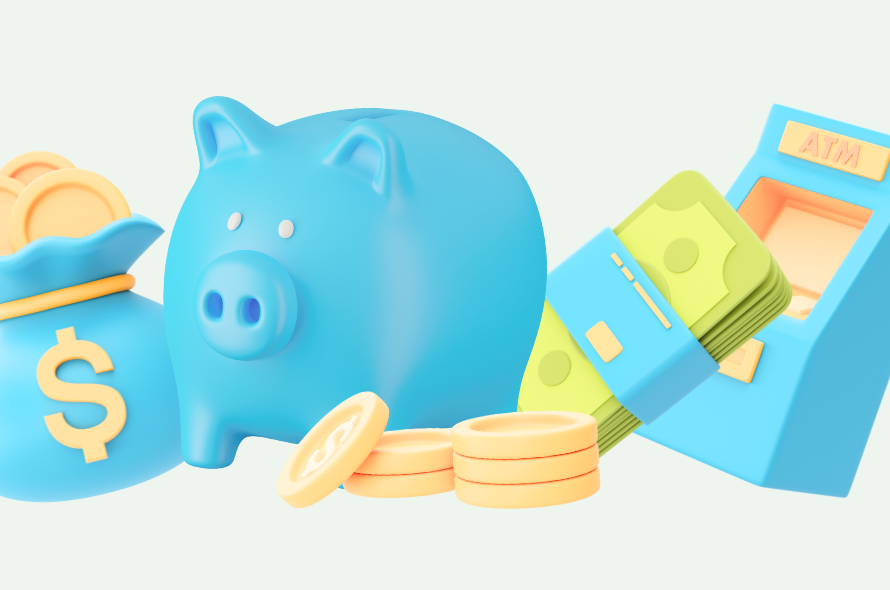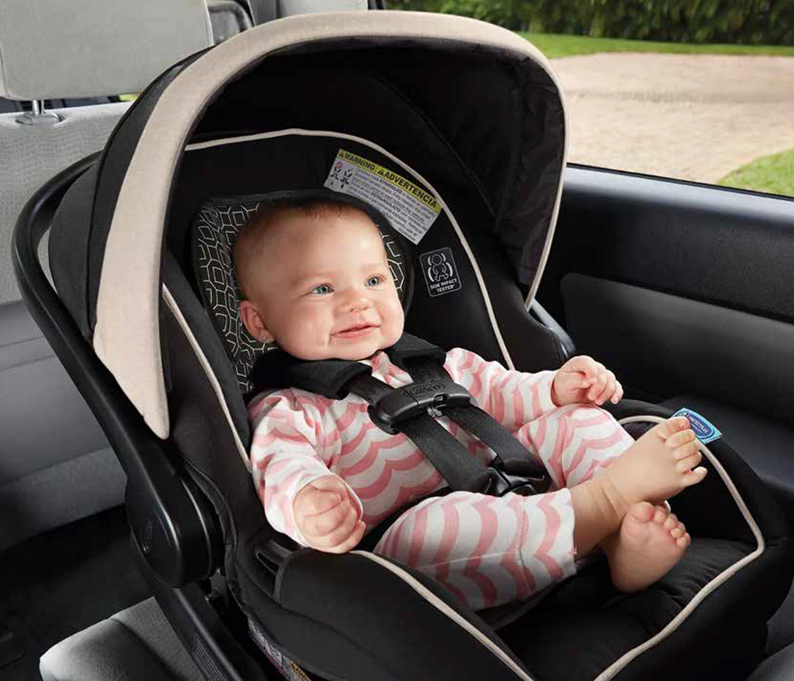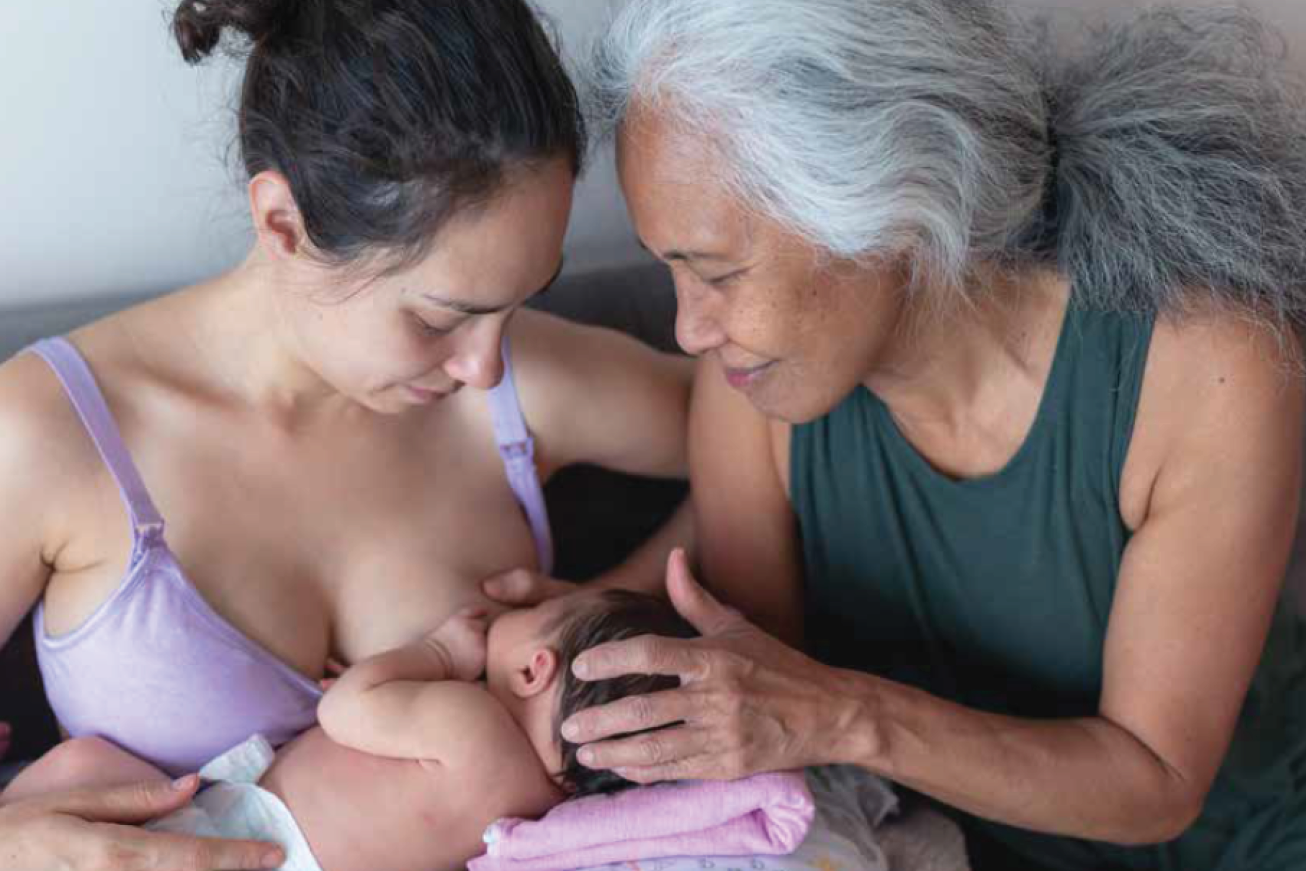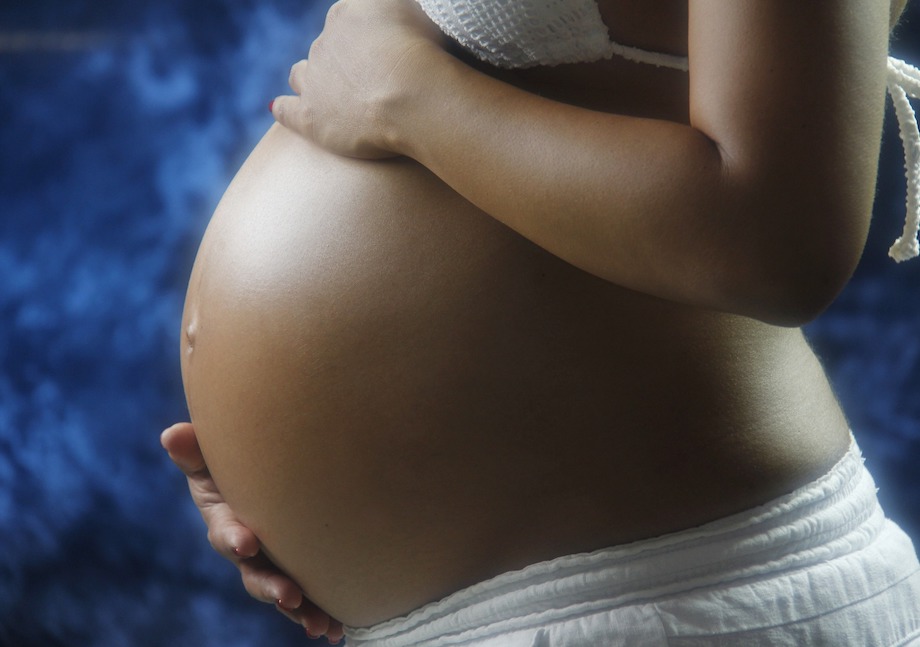
Smoking
If you are still smoking now that you are pregnant, you need to be aware of the problems that this can cause for your growing baby.
Early pregnancy
During the first three months of pregnancy smoking can directly reduce the ability of the developing placenta to invade the wall of the uterus and grow.
Later pregnancy
If you continue to smoke in later pregnancy, you will be reducing the supply of oxygen and nutrients to your baby and increasing your risk of premature delivery, placental abruption and fetal growth retardation. Be aware too, that if you are exposed regularly to cigarette smoke you become a passive smoker with similar risks to your baby’s health. If your partner smokes, encourage them to give up and avoid smoke-filled environments.
Alcohol
(content supplied by The Alcohol Advisory Council of New Zealand)
Drinking and your baby
Everyone wants a healthy, normal baby. One way you can increase the chances is by not drinking alcohol when you are pregnant.
The risks:
- When you drink so does your baby.
- Alcohol is carried through the placenta by your blood stream.
- Drinking alcohol during pregnancy can cause brain damage to your baby and that damage is permanent.
- This damage is called Fetal Alcohol Syndrome or FAS for short.
- FAS babies grow into FAS children and adults who have learning disabilities and behaviour problems, and most need to be looked after, forever.
- Some babies have a number, but not all of the symptoms and that is called partial-FAS. The consequences can be as severe as if they had full FAS.
Can I drink at all?
Even one or two drinks can affect your baby’s learning. Drinking more than that increases the risks of greater damage.
It does not matter whether it is beer, wine, spirits or RTD’s, all contain alcohol.
Although this damage does not always happen when a mother drinks (which explains why some pregnant women have had the odd drink without apparent harm to their baby) it is impossible to know when harm will occur. Therefore, if you don’t drink you can be certain your baby will not have FAS.
What about breastfeeding?
Plunket advises that it is best not to drink at all when breastfeeding. Alcohol passes to your baby in your breast milk and their brain cells are still forming. When you drink, less milk is produced and the alcohol can also make your baby irritable and unsettled.
What can I do?
If you think or know you are pregnant, do not drink alcohol until after your baby is born. If you have been drinking during your pregnancy, then stop drinking now. It is never too late and stopping now will help your baby be healthy. It is worth it to go without alcohol for a few months to have a healthy baby.
If it is hard to stop drinking, it might help to talk to someone you trust. Look at http://www.alcohol.org.nz/ or call the Alcohol Helpline on 0800 787 797. They are good listeners and will have some helpful ideas.
Family and friends could also support you in your decision not to drink alcohol while you are pregnant.
Recreational drugs
Recreational drugs, such as cocaine, heroin and ecstasy have the potential to be a serious problem for a developing fetus.
They cross the placenta and enter the baby’s blood stream, increasing the risk of miscarriage, placental abruption and premature delivery of a baby that is usually growth restricted. After delivery, the baby may suffer serious withdrawal symptoms and possible brain damage, and will therefore inevitably be kept in hospital under close observation for several weeks.

